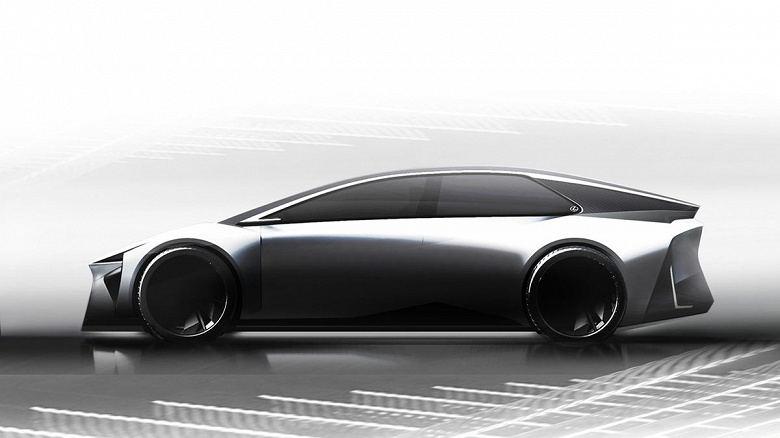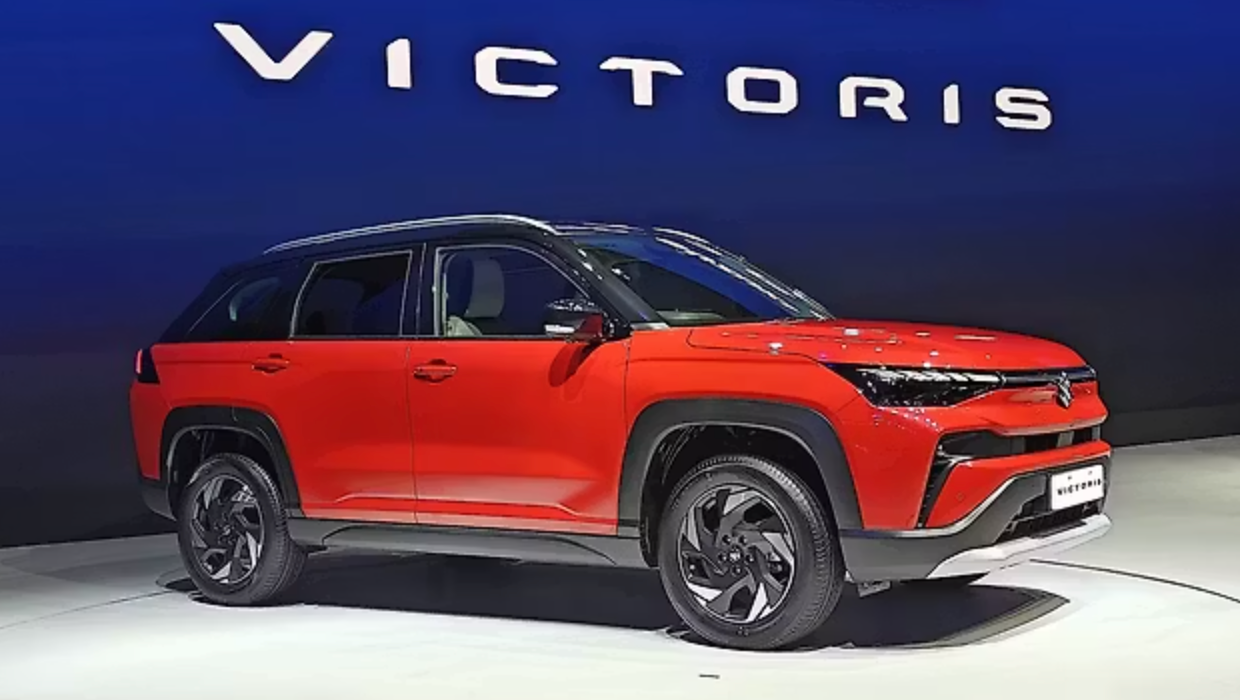The company is accelerating its entry into a new market
With the arrival of new CEO Koji Sato, Toyota has dramatically increased its commitment to electrics as it races to catch up with competitors with a wave of new models and innovative battery technologies.
One of the first new electric vehicles will be a three-row SUV that will be built at Toyota’s Georgetown, Kentucky plant starting in 2025 and will target the same part of the market as the Kia EV9. Toyota says this new model will use batteries made at its own plant in Liberty, North Carolina, which already employs 2,000 people but plans to increase that number to 5,000.
By 2030, Toyota says it will be able to produce a total capacity of 30 GWh of batteries in North Carolina each year, enough for 375,000 80.0 kWh batteries, but production will be split into 10 different lines to produce different batteries. sizes for electric vehicles and plug-in hybrids.

Toyota and Lexus with solid-state batteries will be able to travel up to 1000 km without recharging
Toyota says it aims to produce 3.5 million electric vehicles annually by 2030, including 30 different models under the Toyota and Lexus brands. A significant number of them will be produced in the States.
Toyota’s battery technology will also develop rapidly. In 2027, a high-performance bipolar unit will be introduced, which will use lithium-ion chemistry and a high-nickel cathode. Such batteries will provide a range of 830 km and will be recharged from 10 to 80% within 20 minutes.
In addition, Toyota confirms plans to introduce solid-state batteries in Toyota and Lexus vehicles as early as 2027. Toyota says its first-generation solid-state batteries are designed for a range of about 830 km with the ability to charge from 10 to 80% in 10 minutes, but also says a subsequent version of the battery will increase the range to 1000 km.
It was previously reported that Toyota solid-state batteries will appear in tens of thousands of company vehicles by 2030.




